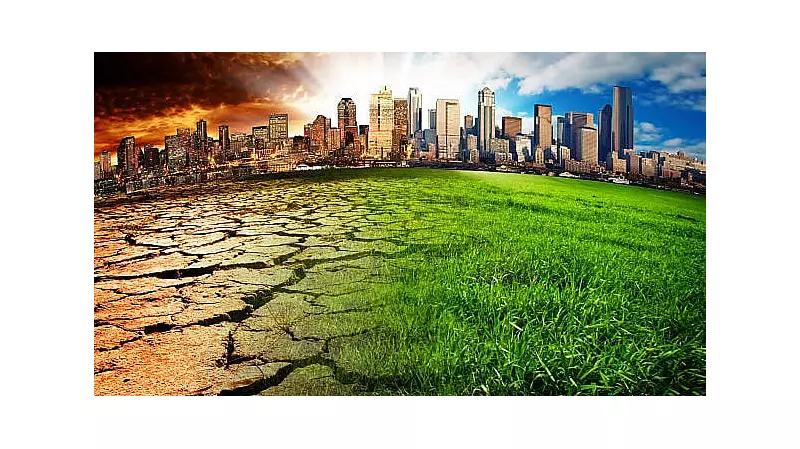
A sobering new report from the United Nations has delivered a stark warning: while the landmark Paris Agreement has spurred some progress in global climate efforts, the current pace of action remains dangerously insufficient to prevent catastrophic warming.
The comprehensive assessment reveals that despite measurable gains in climate policy and renewable energy adoption since the agreement's adoption, the collective efforts of nations fall far short of what science demands. The world continues to barrel toward temperature increases that would trigger irreversible ecological damage and extreme weather events.
The Implementation Gap: Promises vs. Reality
According to the UN analysis, there exists a critical "implementation gap" between climate commitments and actual on-the-ground action. Many countries have established ambitious Nationally Determined Contributions (NDCs) but are struggling to translate these pledges into concrete policies and emission reductions.
The report highlights several concerning trends:
- Current emission reduction trajectories would lead to warming far exceeding the Paris Agreement's 1.5°C limit
- Financial flows for climate adaptation and mitigation remain inadequate, particularly for developing nations
- Key sectors like energy, transportation, and agriculture require more rapid transformation
- The window for cost-effective action is closing rapidly
A Call for Accelerated Global Response
UN climate officials emphasize that while the challenge is immense, the solutions remain within reach. The report calls for:
- Immediate scaling of renewable energy deployment and energy efficiency measures
- Enhanced international cooperation on climate finance and technology transfer
- Strengthened national policies that align with the most ambitious climate scenarios
- Urgent adaptation planning for vulnerable communities already experiencing climate impacts
"This assessment should serve as a wake-up call for governments, businesses, and civil society worldwide," the report concludes. "The technical and economic pathways exist to avert the worst impacts, but they require political will and unprecedented global cooperation."
The findings come at a critical juncture in international climate negotiations, providing a scientific basis for more ambitious commitments at upcoming global climate summits.





